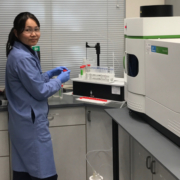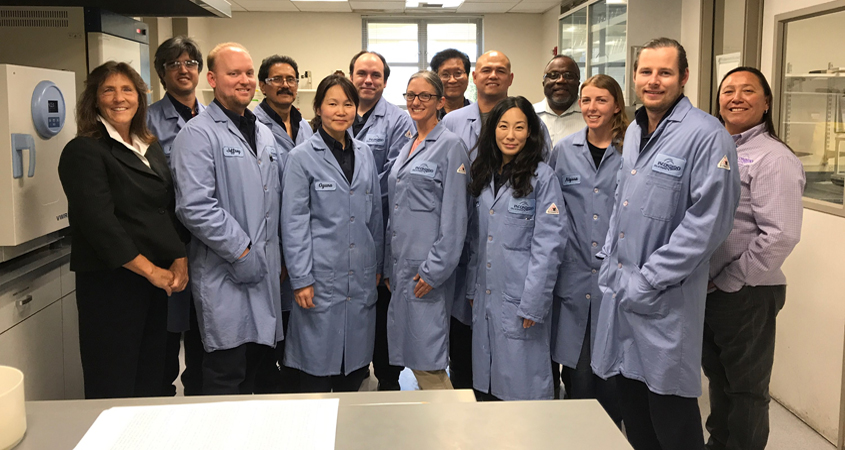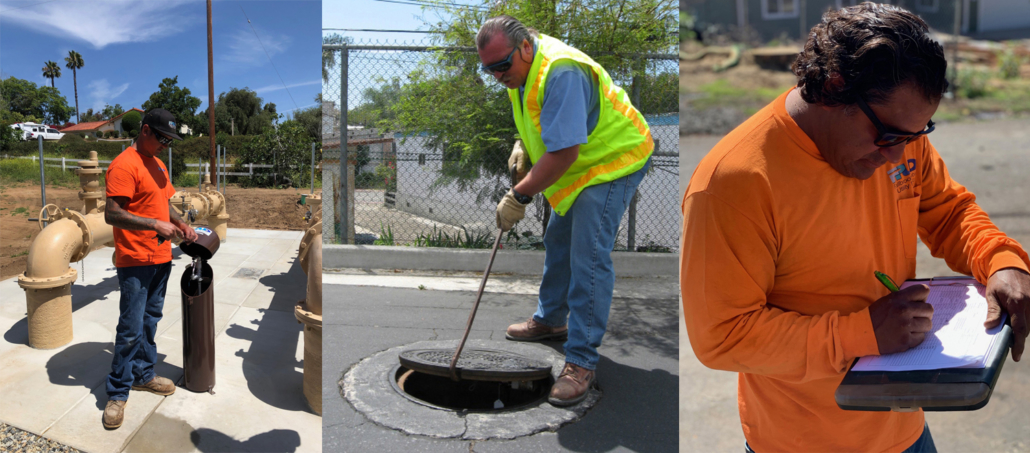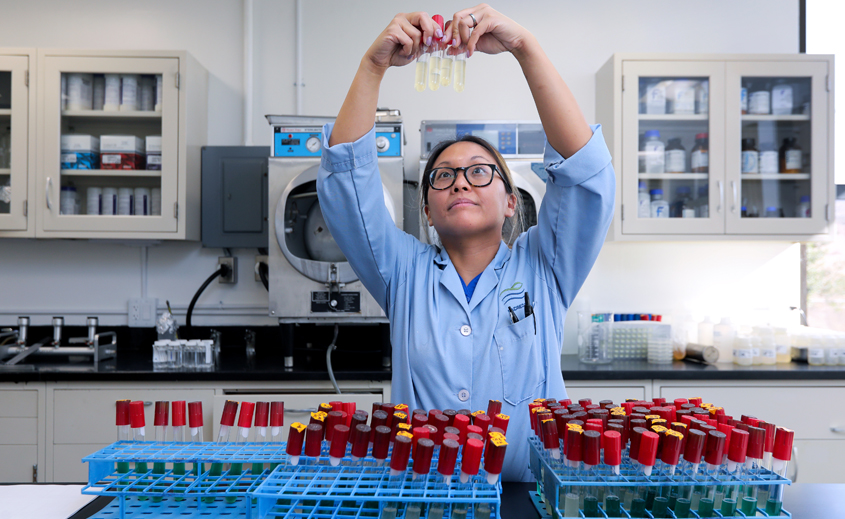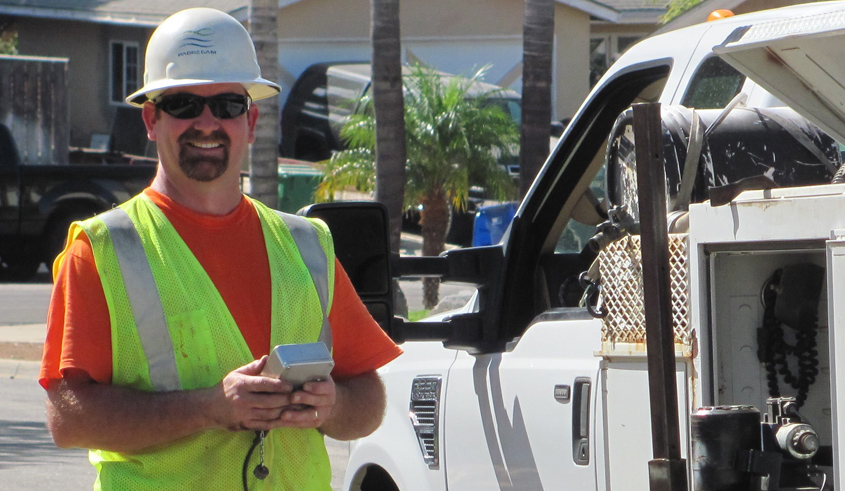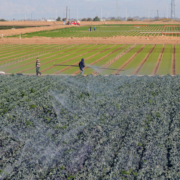With the world struggling through the impacts of the coronavirus pandemic, vegetable growers in the Imperial Valley are continuing to harvest vegetables.
Agriculture remains an essential service to serve California, the nation and the world. The vegetable harvest is ongoing as the Imperial Valley heads toward the final weeks of the winter vegetable crops.
“We have not to this point been impacted,” said farmer Scott Howington, president of the Imperial Valley Vegetable Growers Association. Howington’s farm operation, Oasis Farming Inc., focuses on organic crops.
But Howington said for his own operation, food safety protocols already in place are even more critical in light of the coronavirus.
More precautions for Imperial Valley harvest
When it comes to agriculture, he said, the farming work that goes into the planting of crops typically does not bring workers physically close together; it is the harvesting where there could be potential issues because of the proximity of the crews. That is where additional precautions are necessary due to the coronavirus. Howington said farmers are tailoring these steps to their specific operations.
“What we are doing is making sure the equipment is sanitized several times a day, and we are making sure crews keep the recommended distance from each other,” he said. “We are trying to make sure crews stay healthy.”
However, if workers and staff are feeling sick, they’re told to stay home or are sent home if they come to work and present any signs of illness, Howington said.

Imperial Valley farmer Scott Howington, president of the Imperial Valley Vegetable Growers Association. Photo: San Diego County Water Authority
Vegetable farmers navigate through coronavirus
Precautions to make sure staff are healthy are equally important in other aspects of agriculture, including at the coolers where crops are stored, he said.
“It’s an interlocked chain,” said Howington. “You break any part of it, and it will begin to be an issue.”
So far, there have been no noticeable impacts on the vegetable industry in the Imperial Valley.
With the harvesting season still underway, the need for workers — many of them from Mexico — remains high. Howington pointed out that while there are restrictions on border crossings, those restrictions have not involved people crossing to work in the agriculture industry. Under the new conditions, crews from Mexico have been able to cross with just their work permit. But in case his workers need additional proof, Howington said he’s having letters prepared from his company to provide to crews.
Imperial Valley agriculture harvest helps feed world
For now, harvesting will continue into its final weeks of the season, and all food safety protocols are continuing to be followed.
Howington reminds everyone to follow their own safety protocols as they normally should do, from washing their fruits and vegetables, to peeling away top layers of the vegetables they eat.
“Everyone has to use their best judgement,” he said of both farmers and consumers.
As the world navigates through these challenging times and faces a shortage in supplies of basic necessities, the importance of agriculture takes on even greater meaning as consumers look to grocery stores and restaurants for some certainty that food supplies will remain available.
Howington said there has been no reduction in the produce grown and harvested in the Imperial Valley in the wake of the coronavirus. He said the valley continues to provide food that feeds people around the world.
“As a community, something like this does brighten the light on the impact agriculture has to the fabric of the economy and our society,” Howington said. “We are just doing what we normally do.”

